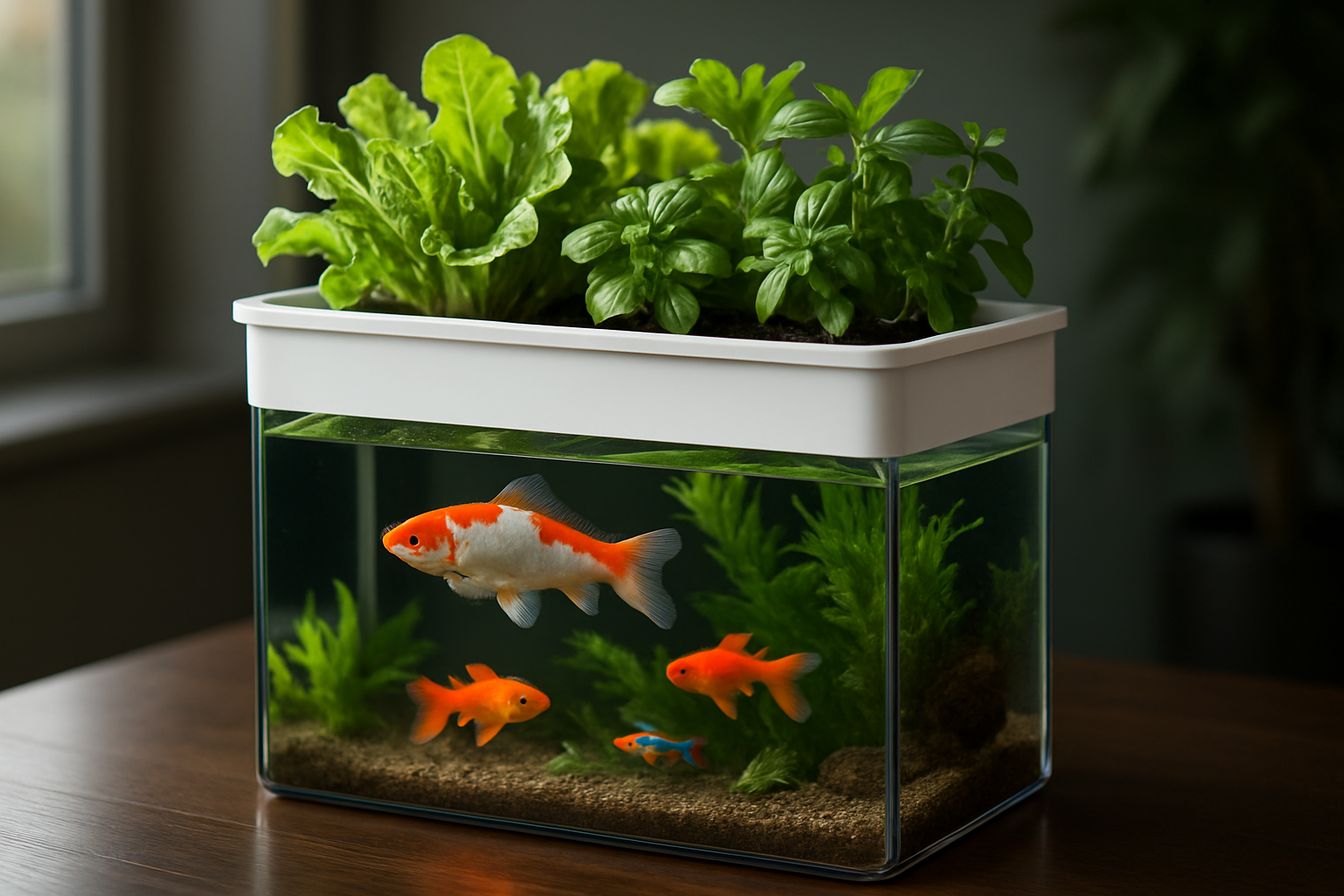Urban Vertical Farming: A New Frontier in Real Estate Development
Introduction: In the ever-evolving landscape of real estate, a groundbreaking trend is taking root—urban vertical farming. This innovative approach to agriculture is not only reshaping our cityscapes but also opening up new avenues for property developers and investors. With the global vertical farming market projected to reach $9.7 billion by 2026, this emerging sector presents a unique opportunity to reimagine urban spaces and address pressing food security challenges.

Real Estate Implications of Vertical Farming
The integration of vertical farms into urban real estate development is creating a paradigm shift in how we view and utilize city spaces. Developers are now considering the potential of incorporating these high-tech agricultural facilities into mixed-use buildings, rooftops, and even repurposed industrial sites. This trend is not only transforming underutilized urban spaces but also creating new revenue streams for property owners and investors.
Economic Benefits and Market Potential
From a real estate investment perspective, urban vertical farming presents an attractive proposition. These facilities can command premium rents due to their specialized nature and the growing demand for locally sourced produce. Additionally, the integration of vertical farms into commercial or residential developments can serve as a unique selling point, potentially increasing property values and attracting environmentally conscious tenants or buyers.
Challenges and Considerations
While the potential of urban vertical farming in real estate is significant, it’s not without challenges. High initial setup costs, energy consumption concerns, and the need for specialized knowledge in both agriculture and technology are key hurdles. Real estate developers and investors must carefully consider these factors, along with local zoning laws and regulations, when exploring vertical farming projects.
Case Studies: Successful Integration of Vertical Farms
Several pioneering projects around the world demonstrate the successful integration of vertical farms into urban real estate. In Singapore, for example, the Sky Greens vertical farm has been incorporated into a high-rise building, showcasing how agriculture can coexist with urban living. In the United States, companies like AeroFarms have repurposed abandoned warehouses into large-scale vertical farming operations, breathing new life into neglected urban areas.
Impact on Urban Planning and Sustainability
The rise of urban vertical farming is influencing urban planning strategies and sustainability initiatives. Cities are beginning to incorporate these facilities into their long-term development plans, recognizing their potential to enhance food security, reduce carbon footprints, and create local jobs. This shift is prompting real estate professionals to reevaluate land use and zoning policies, potentially leading to more flexible and innovative urban development approaches.
Investment Opportunities in Vertical Farming Real Estate
For real estate investors, urban vertical farming presents diverse opportunities. These range from direct investment in vertical farming operations to developing specialized properties designed to house these facilities. There’s also potential in retrofitting existing buildings to accommodate vertical farms, creating value-add opportunities in established urban areas.
The Future of Urban Agriculture and Real Estate
As technology continues to advance and urban populations grow, the intersection of vertical farming and real estate is likely to expand. We may see the emergence of entire districts dedicated to urban agriculture, with vertical farms integrated seamlessly into the urban fabric. This could lead to new property types and investment vehicles specifically tailored to this growing sector.
A Growing Opportunity
Urban vertical farming represents a fascinating convergence of agriculture, technology, and real estate. As this trend continues to evolve, it offers exciting possibilities for property developers, investors, and urban planners alike. By embracing this innovative approach to urban agriculture, the real estate industry has the opportunity to play a pivotal role in creating more sustainable, resilient, and food-secure cities. As we look to the future, urban vertical farming stands as a testament to the power of innovative thinking in reshaping our urban landscapes and redefining the potential of real estate development.






